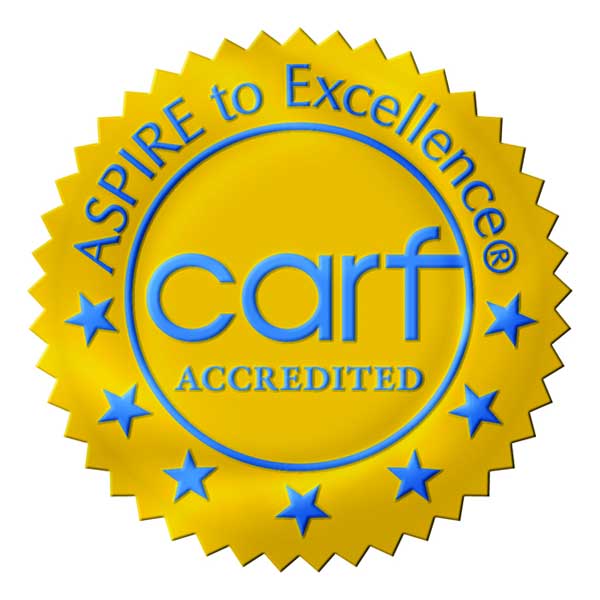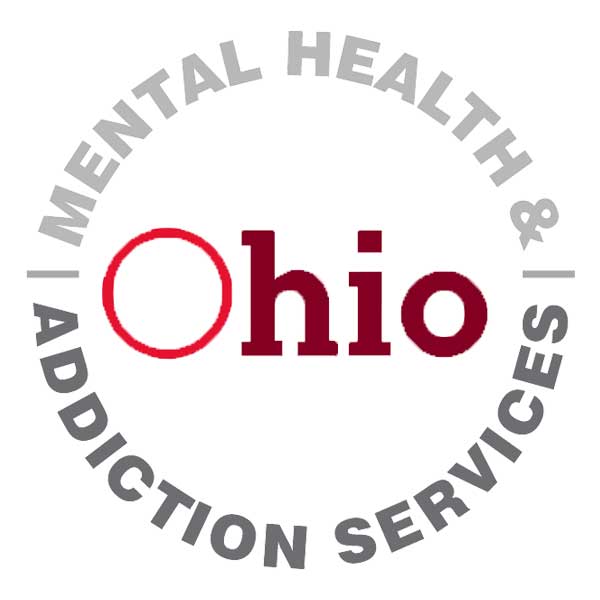GET HELP NOW
513.792.1272
Teen Marijuana Use and Mental Health Issues

Over the past few decades’ professionals have recognized the links between marijuana use and mental health issues.This is especially true with teens. The connection between mood and substance use disorders has been particularly prominent. Therefore, these became the subject of early research. Soon after, studies found anxiety, Obsessive Compulsive Disorder, personality disorders, and attention deficit hyperactivity disorder were related to substance use disorders. Especially relevant for youth is the clear link between long-term marijuana use and mental illness.
The potential for harm with cannabis use depends on two primary factors: at what age use starts using and how much (and how often) someone uses.
Early Cannabis Use Puts You at Risk
The first risk factor is the age of first use. The earlier a person begins using cannabis, the stronger the links between marijuana use and mental health issues. This concern is primarily if first use is before the age of 18, but it continues to be a smaller concern until at least the age of 26. Use of cannabis during adolescence affects normal brain maturation. Marijuana use adversely affects important developmental processes during adolescence (synaptic pruning and white matter development). This explains the cognitive and emotional difficulties associated with early regular use of marijuana.
These negative impacts on both synaptic pruning (old neural connections are deleted) and also the growth of white matter (responsible for signal transmission signals) in the brain are result of cannabis use during key stages of brain development.
Pattern of Marijuana Use is a Significant Part of the Problem
The second risk factor for substance use disorder is the individual’s pattern of use. Frequency, dose, and duration have a big effect. Weekly (or more frequent) use greatly influences the negative effects of using cannabis when compared to less frequent use. The amount of drug consumed is a risk factor as well. Therefore the larger the quantity or stronger the strength of cannabis used, the more tetrahydrocannabinol (THC) one ingests. THC, the main psychoactive component of cannabis acts to distort emotional experiences because of its effects on certain brain regions.
What the Research Says
Research finds that there is a clearly established connection between psychoses like schizophrenia and cannabis use. For example, multiple studies find early and frequent marijuana use can cause of psychosis. Cannabis interacting with other risk factors including family history, childhood abuse, and vulnerable genetics can result in this problem.
At this time, current research has yet to prove cannabis use causes depression. It is possible that marijuana use causes depression, or it may be linked with other contributing factors like school failure and joblessness. The relationship between cannabis use and anxiety is also complicated. Cannabis is used to relieve anxiety or stress for some adults while causing others to experience tension. Still other users experience anxiety during cannabis’s mild withdrawal.
Even when causality cannot be proven, teen marijuana use and mental health issues are strongly linked. It may not be possible to avoid all risk factors for mental illnesses, but marijuana use can be stopped.
Opportunity to Help
As a result of parents and professionals focusing on heroin and opioids, adolescents continue to abuse drugs like marijuana and alcohol. The consequences of waiting until your child or patient abuses heroin can be waiting too long. Today’s heroin addict generally started his or her drug use history with tobacco, marijuana, and/or alcohol.
Don’t miss an opportunity to help your child in the earlier stages of substance abuse. There is a significant connection between teen marijuana use and mental health issues. You can help your adolescent by getting accurate information and if a problem exists, getting a professional assessment.
References
RELATED POSTS
ASAP is Cincinnati's premiere outpatient treatment center for teenagers and their families struggling with substance abuse and mental health problems.
SUBSCRIBE
Enter your email address to receive news and information from ASAP.











